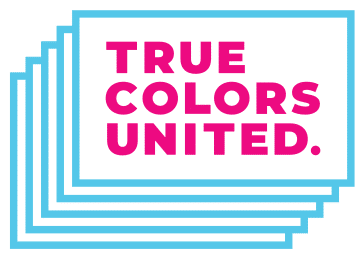Today, we highlight four women who saw ways their communities could change to better the health and success of lesbian, gay, bisexual, and transgender (LGBT) folks. Rather than accepting the status-quo or giving up on themselves or their communities, each of these women made a commitment to make the place they call home a safer place.
Just as we can’t limit the celebration of women across the world to just a single day, we can’t limit the great potential of women to boxes. Today, we do more than just celebrate the great women trailblazers who fulfilled roles historically dominated by men. Today, we also celebrate the women who created their own roles and bettered life for their own communities from the inside out.
Bemz Benedito, Philippines
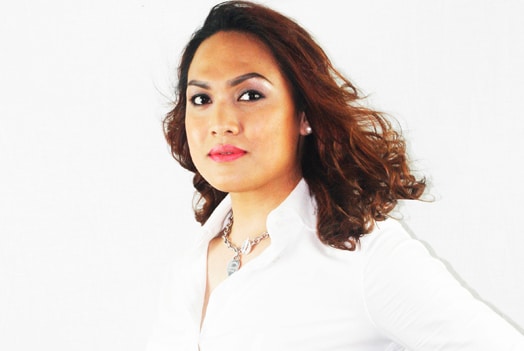
“I am not the best and there are others who are doing longer and better than I do, but be it remembered that here was a transgender woman who worked hard in her little ways to represent the LGBT community as one sector fighting for equal rights.”
In the early 2000s, Bemz Benedito was a grad student and researcher involved with indigenous peoples’ rights and mining advocacies, when she was sexually harassed and assaulted at her place of work. This moment inspired her to pour her energy into protecting other LGBT Filipinos from discrimination and empowering them to make their voices heard. “We don’t need to be a victim in order to know and assert our rights,” she said.
Bemz views representation in government as a key priority to ensure that LGBT Filipinos are heard, protected, and respected. Bemz is the chairperson for Ladlad Partylist, the only LGBT political party in the Philippines, which advocates for policies to protect elderly, homeless, and impoverished LGBT Filipinos and secure nondiscrimination laws in the country. In 2009, Ladlad’s petition to run in the 2010 elections was denied by the Philippines Commission on Elections on grounds of “immorality.” Under Bemz’s leadership, Ladlad successfully appealed to the Supreme Court to overturn the Commission on Elections’ decision – winning the LGBT party the right to run for Congress. While Ladlad didn’t win a seat, claiming the right to participate was an unprecedented victory in itself. Today, Bemz continues to lead Ladlad and further LGBT representation in the Philippines.
Lohana Berkins, Argentina
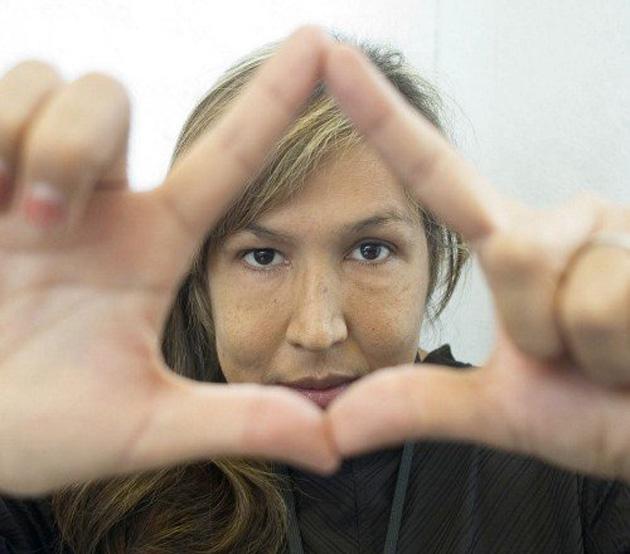
“I am convinced that the drive for change is love. The love that was denied to us is what moves us to change the world.”
Today, we celebrate the legacy and remember the memory of Lohana Berkins, an Argentinian activist whose work can only be described as “revolutionary.” Lohana’s life of service to transgender Argentinians helped shape the world’s most progressive gender law, which enables people to change their name and sex on government documents without first getting approval from a doctor or judge. Today, the country sets an example for the rest of the world. However, Lohana also described an experience shared by many transgender women in Argentina – an experience she herself lived. “When she is 13 years old, the travesti (transgender woman) is pushed out of home and into prostitution, living in hotels in miserable conditions… exploited by adults, traded by them.” To help transgender women like her pull themselves out of such poverty and abuse, Lohana founded the Asociación de Lucha por la Identidad Travesti y Transexual, which advocates for transgender rights in Argentina. A year later, she created the Cooperativa Textil Echazú Nadia, Argentina’s first cooperative school for transgender people, providing training, education, and job opportunities for transgender Argentinians.
Lohana was a guiding force in the Argentinian Gender Identity Law, which was approved unanimously by the National Congress in 2012 and is viewed internationally as the world’s most expansive and liberating law regarding gender identity. By eliminating barriers to change important legal documents so that they reflect an individuals true gender, Argentina’s Gender Identity Law honors transgender folks’ right to be the experts of their own identity.
Lohana passed away on February 5. Her work will never die.
Cecilia Chung, USA / Hong Kong
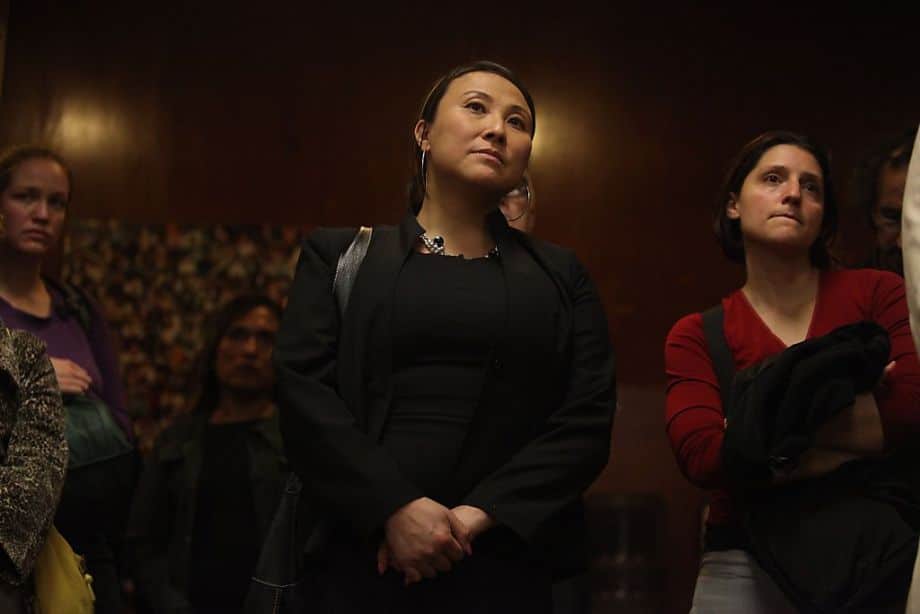
“I’ll tell you what my definition of transgender is – it means transcending gender. That means that there’s no limits to who we can be. Not by what our genitalia dictates. Not by what society dictates. Not by what our parents said I should be, and how I should behave.”
At age 19, Celicia Chung immigrated to Los Angeles from Hong Kong with her family. A year later, she moved to San Francisco to get her degree. It was San Francisco that would become home to Cecilia and develop into epicenter of her work to further LGBT health and equality and HIV/AIDS awareness in the United States.
From her leading research with San Francisco’s Transgender Discrimination Taskforce to her production of Trans March (one of the world’s largest annual transgender events), Cecilia’s work has informed policies that protect LGBT people from violence and discrimination and inspired activists in cities across the country. In 2005, she became the first Deputy Director of the Transgender Law Center, helping to shape its mission to “change law, policy, and attitudes so that all people can live safely, authentically, and free from discrimination regardless of their gender identity or expression.” Cecilia is the first transgender women to become a San Francisco health commissioner, taking the opportunity to provide valuable training to Department of Public Health staff members around transgender health issues. Cecilia is the lead architect of the United States’ most ambitious publicly funded program addressing economic justice within the transgender community and led the efforts that made San Francisco the first and only city in the country to pay for transition-related medical care for the uninsured.
Liesl Theron, South Africa
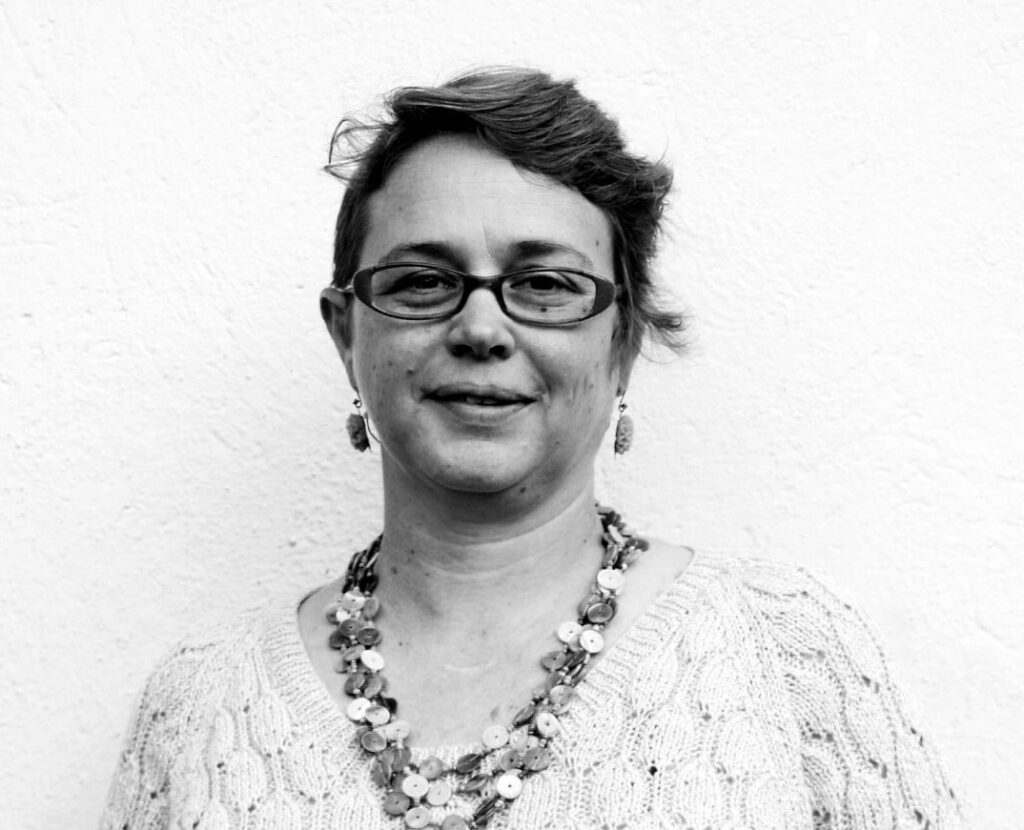
“It’s really something, having all of those rights on paper, but in daily life, real people are still experiencing problems in accessing medical care and in living their lives as Transpeople.”
In 2005, Liesl Theron co-founded Gender DynamiX, South Africa’s first human rights organization focusing on the needs of transgender people. Through community mobilization, media engagement, public education, research, and training, Gender DynamiX “undertakes to advance, promote and defend the rights of trans and gender nonconforming persons in South Africa, Africa and globally.” In 2010, Gender DynamiX partnered with two other African LGBT organizations to launch “Transitioning Africa”: an program that aims to strengthen work to better transgender lives all across Africa by building a strong network of transgender-serving organizations. The program has facilitated collaboration between activists and organizations from Botswana, Zimbabwe, Zambia, South Africa, and Uganda.
The work of Liesl and other South African activists has had far reaching success. In 2011, at the United Nations Human Rights Council in Geneva, the South African delegation introduced the first-ever UN resolution on the human rights of LGBT persons. The resolution was adopted and set an international standard on LGBT nondiscrimination.
You can be a hero too! Here’s a guide to help you make your own community a safer place for LGBT women and men! Happy International Women’s Day!
Sources: (Bemz: Outrage Mag, CNN Philippines); (Lohana: New Internationalist, ILGA); (Cecilia: Transgender Law Center, HIV Plus Mag, SF Gate); (Liesl: Human Rights First, Gender DynamiX, Seattle Gay News)
